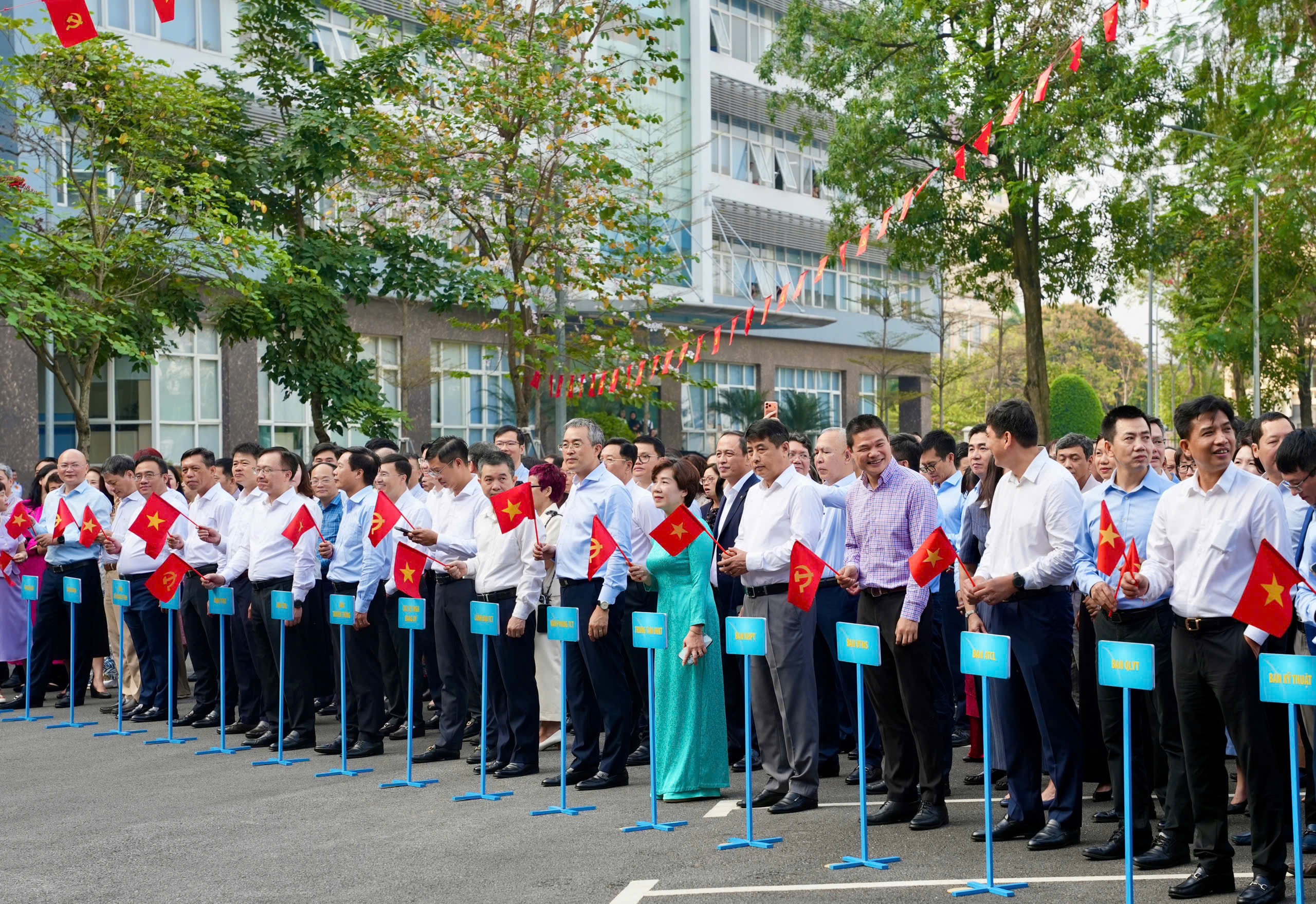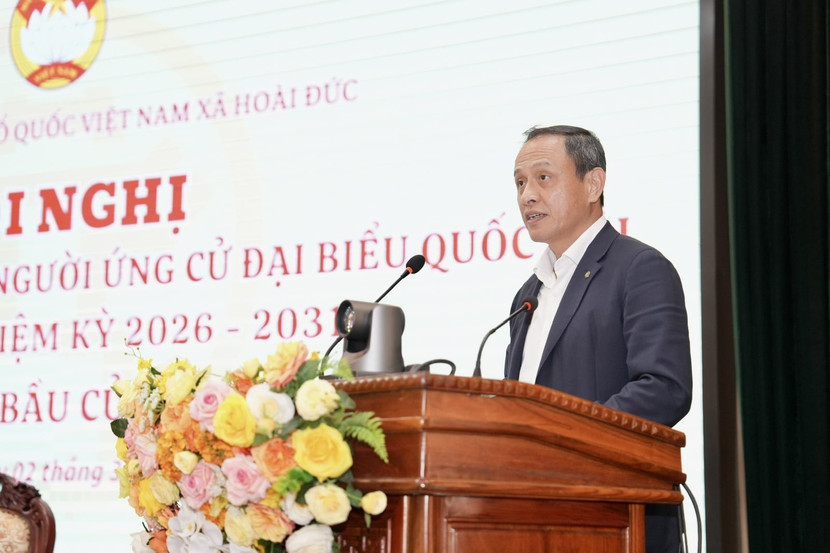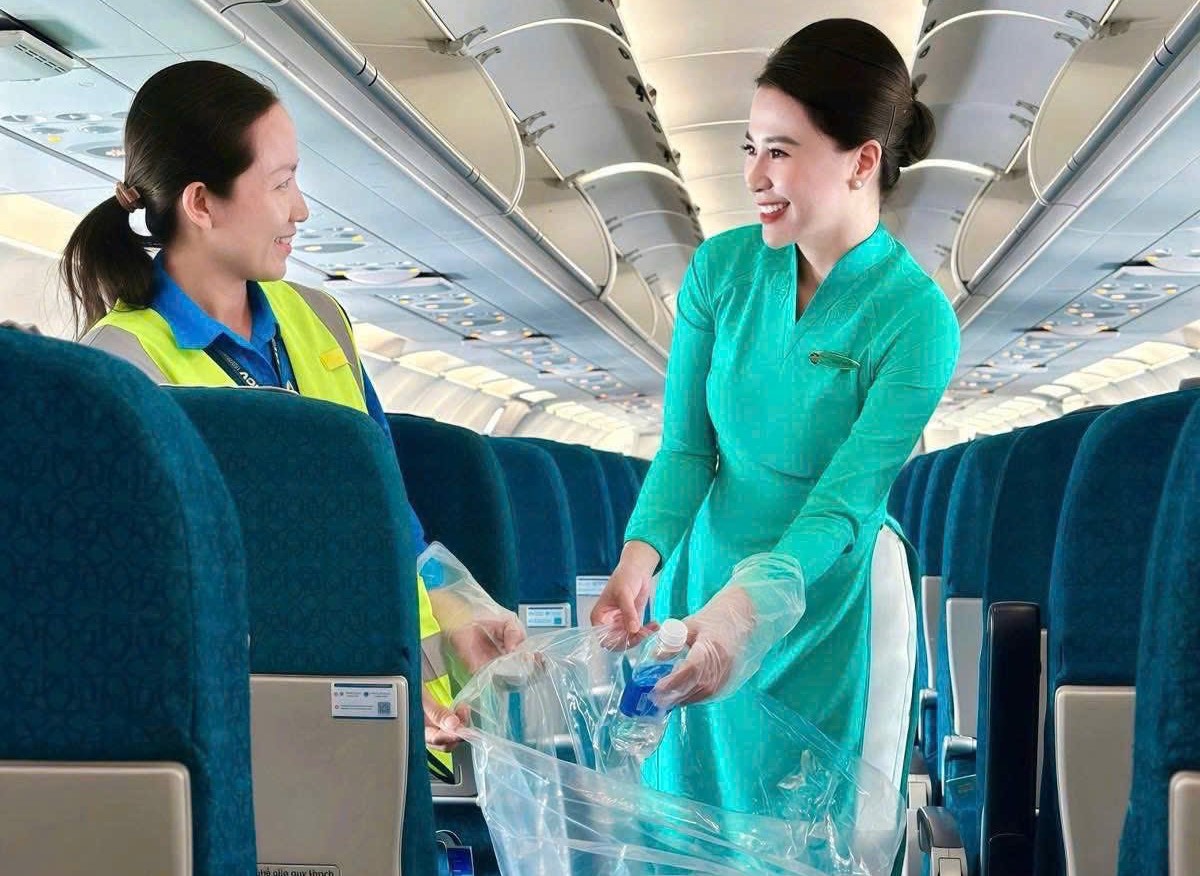Digitization per se has been ongoing since the first iterations of computers (automating mundane tasks, employing computer programs to solve more complex tasks, etc.) However, today, the aviation industry is looking to artificial intelligence (AI) to launch its next chapter of digital transformation.
During the December 2020 Global Symposium on the Implementation of Innovation in Aviation hosted by the International Civil Aviation Organization (ICAO), Jean-Marc Cluzeau, principal advisor to the European Union Aviation Safety Agency (EASA) Executive Director, stated that,
“Artificial intelligence is coming with a fast pace and being adopted widely, including in the aviation domain. While the concept of AI has been in existence since the 1950s, its development has significantly accelerated in the last decade due to three concurrent factors: the capacity to collect and store massive amounts of data, the increase in computing power, and the development of increasingly powerful algorithms and architectures.”
Scaling innovation and sustainability
On Thursday, Boeing and Microsoft announced that the two companies were deepening their strategic partnership. The OEM will leverage the tech giant’s Microsoft Cloud and its AI capabilities to use data-driven approaches to update technology infrastructure and mission-critical applications.
This further expands on a collaboration that commenced in 2016, when Boeing began transitioning its portfolio of digital solutions to Microsoft Azure, the tech company’s public cloud platform. Boeing’s Chief Information Officer and Senior Vice President of Information Technology & Data Analytics, Susan Doniz, commented,
“Today’s announcement represents a significant investment in Boeing’s digital future. Our strategic partnership with Microsoft will help us realize our cloud strategy by removing infrastructure restraints, properly scaling to unlock innovation and further strengthening our commitment to sustainable operations.”
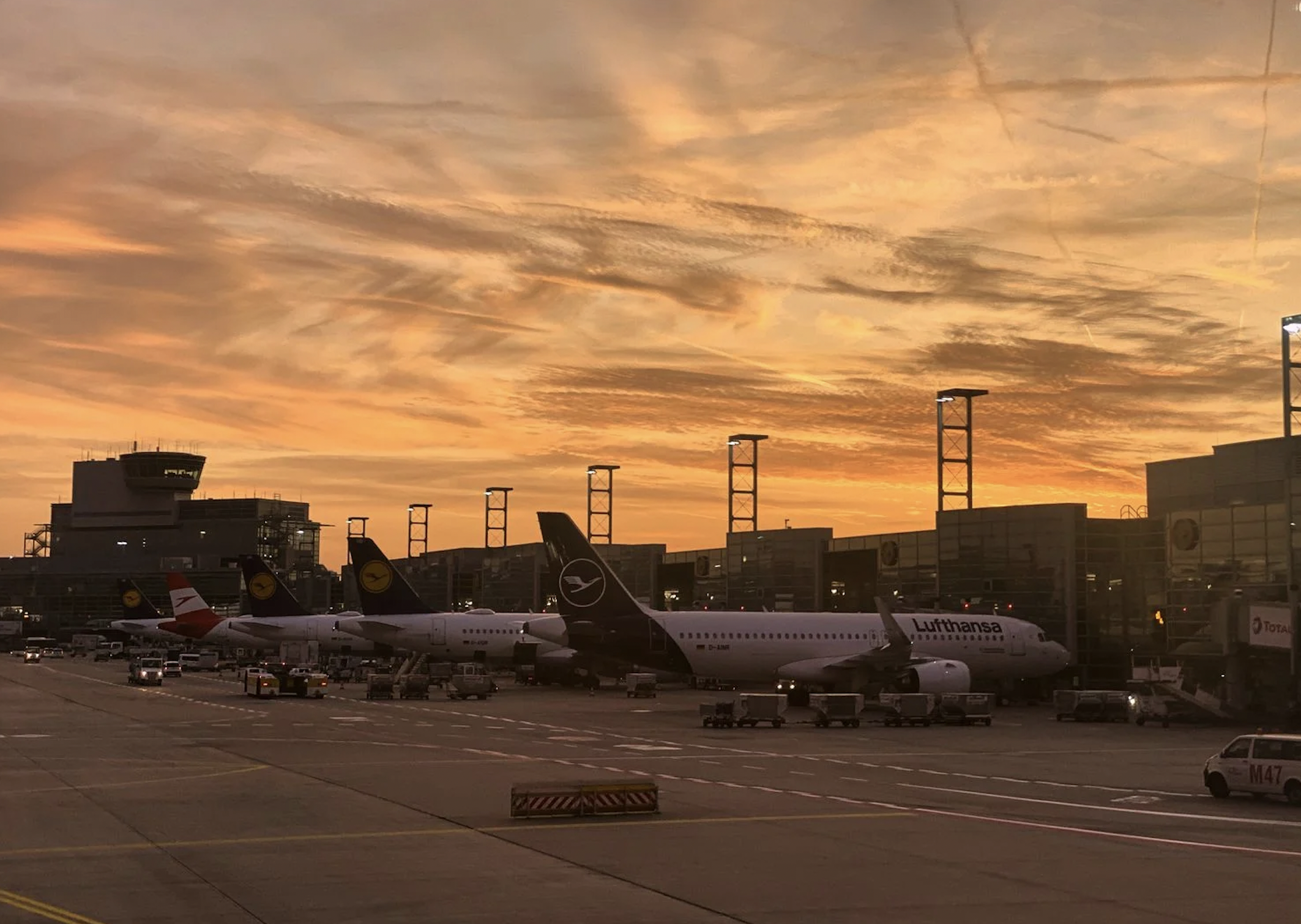
A new era of personalized air travel
Across the other side of the Atlantic, Lufthansa is also looking to Microsoft Azure to create a more personalized experience for passengers before, during, and after their flight. Christian Spannbauer, Head of IT Digitalization at the Lufthansa Group, recently commented on the decision,
“One thing’s for sure: no two passengers are the same. Some travel often, while others are flying for the first time. Some get to the gate two hours before boarding, while others turn up at the last minute. We want our services to help all our customers enjoy stress-free travel tailored to their individual needs. That way, they’re sure to remain loyal to us for future trips.”
Lufthansa has always been collecting data about operations, such as if flights are on time, whether or not connecting flights will be made, and who has checked in what luggage. However, thus far, the information has been stored across different databases.
This type of procedure has worked fine for preparing standard reports for staff. Meanwhile, in the future, the airline wants to make real-time decisions rooted in the data to cater to passengers’ individual needs. By the start of next year, all of the group’s operators will have access to the Lufthansa Group’s One Data Platform (ODP).
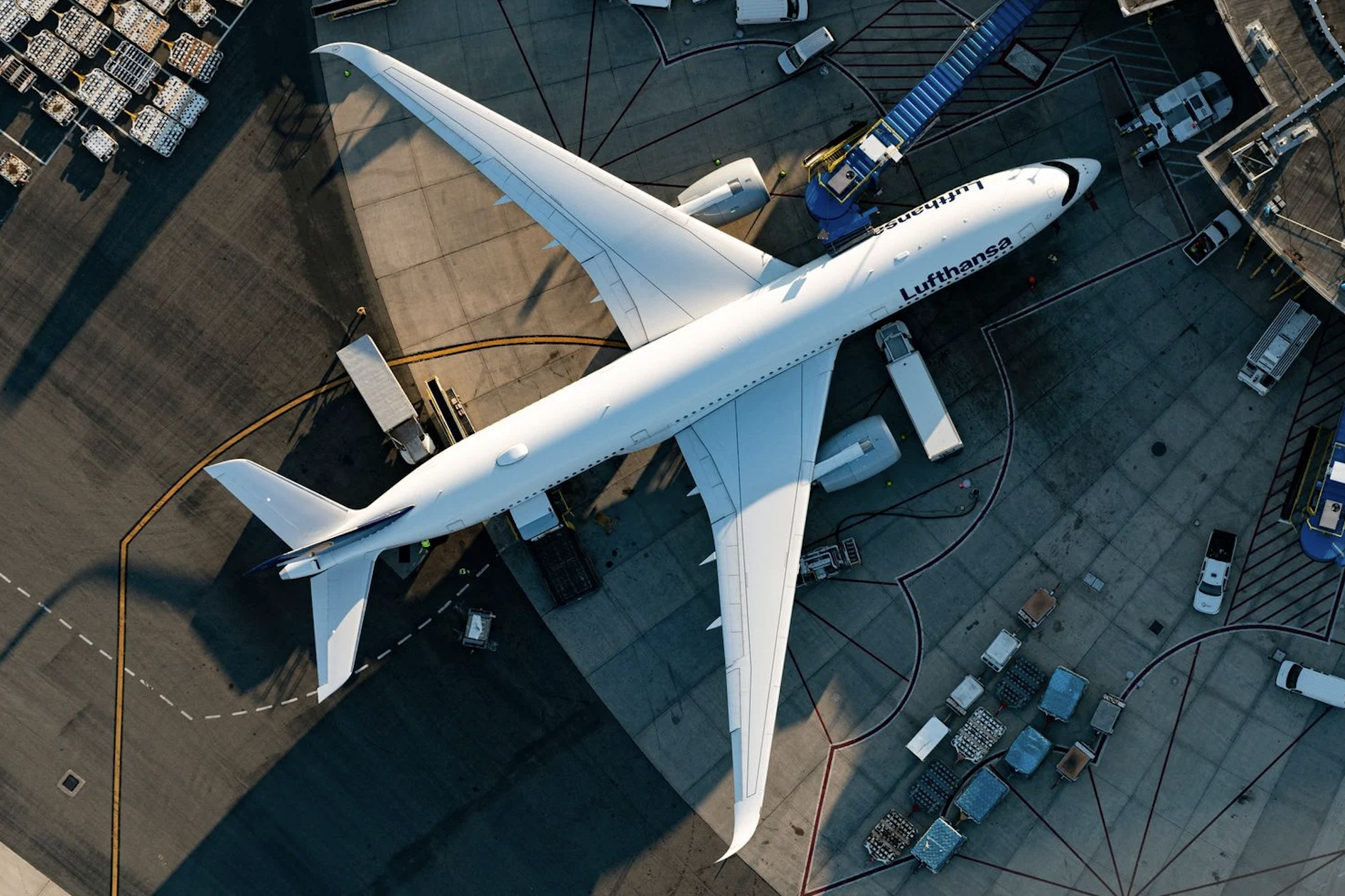
The ‘new oil’ – in more ways than one
Data has often been dubbed the new oil. Unfortunately, the comparison could become applicable not only to ‘mining’ and how lucrative it is after it has been refined but also to environmental impact due to the massive amounts of energy required to store it, perhaps uselessly.
Microsoft as a company has been carbon neutral since 2012. However, as with most companies that are ‘carbon neutral’, this entails relying on carbon offsets. Meanwhile, it has made a commitment to be carbon negative by 2030. Furthermore, Microsoft intends to have removed all the CO2 emissions to which it has historically contributed by 2050.
The Washington-based firm also runs a program called ‘AI for Earth’. Through this platform, it awards grants to support projects that use AI to change the way people and organizations relate to the planet and the natural world. Thus far, it has offered over 700 grants to projects with impact in over 70 countries.
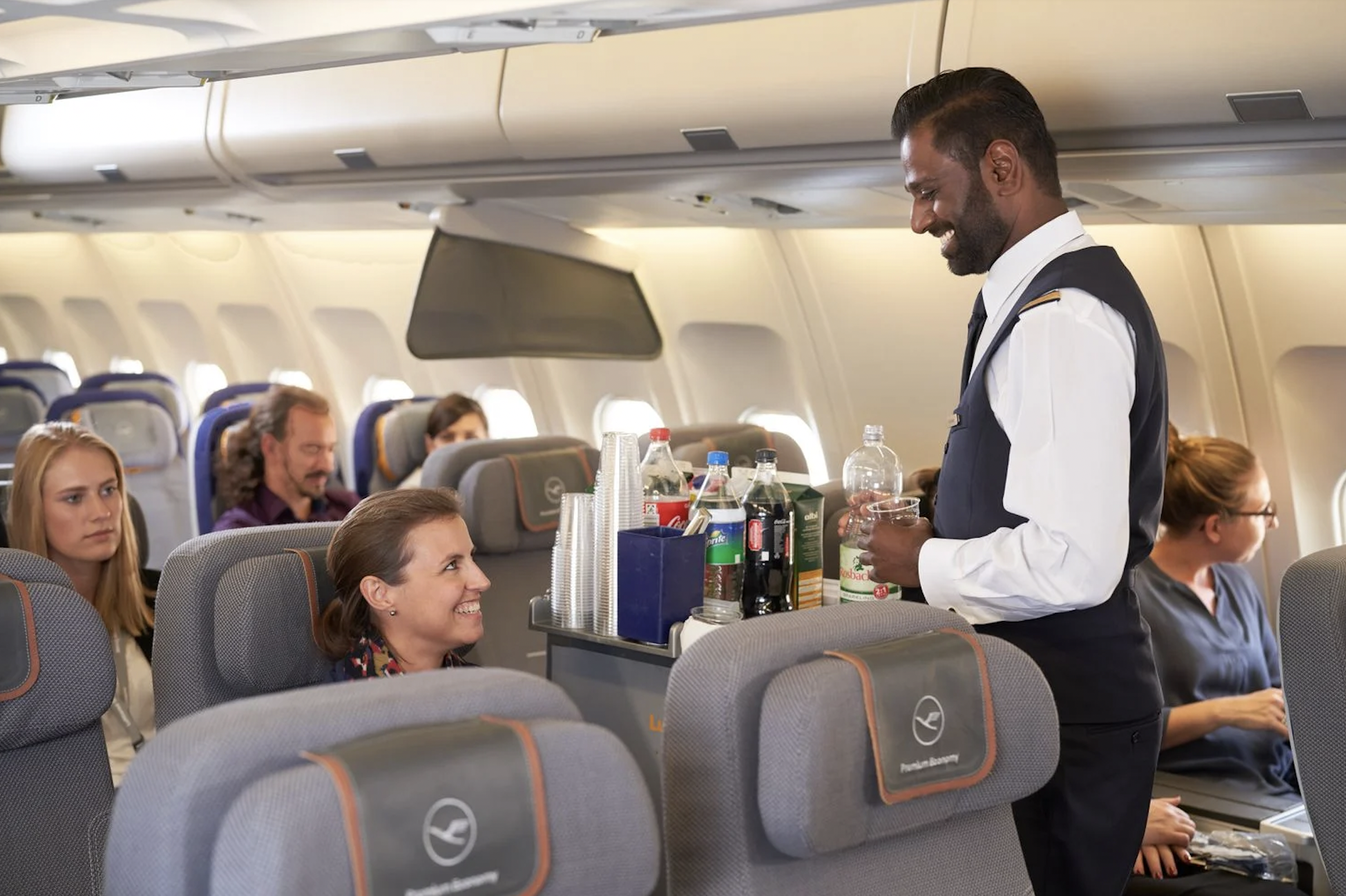
Data-driven waste reduction
The optimization that AI implementation will contribute to also has great potential (beyond more obvious applications such as fuel efficiency) to reduce aviation’s overall environmental impact.
Lufthansa’s Spannbauer offers the example of a flight from Munich to London, carrying a female business traveler and a vacationing couple. While they are making their way to the airport, the airline will be able to offer them differing options based on data. “We’re already aware of the businesswoman’s food intolerances, as she travels with us often. We suggest only meals we know she can eat. In just a couple of clicks, she can order her food via a self-service app, and we’ll bring it on board. By contrast, we guide the couple through a different process, as we don’t yet have any information on their food preferences. The more we can plan food and drink in advance using these types of services, the less waste we’ll produce.”
Satavia, a UK startup based in Cambridge, hopes to eliminate 60% of aviation’s climate impact through the application of AI-powered flight planning solutions. Its cloud-based software platform is also built in Microsoft Azure. Incredible bursts of computing power will run sophisticated algorithms to help reduce CO2 emissions and the formation of contrails, most likely responsible for most of aviation’s non-CO2 effects on the climate.
Widespread cloud computing applications
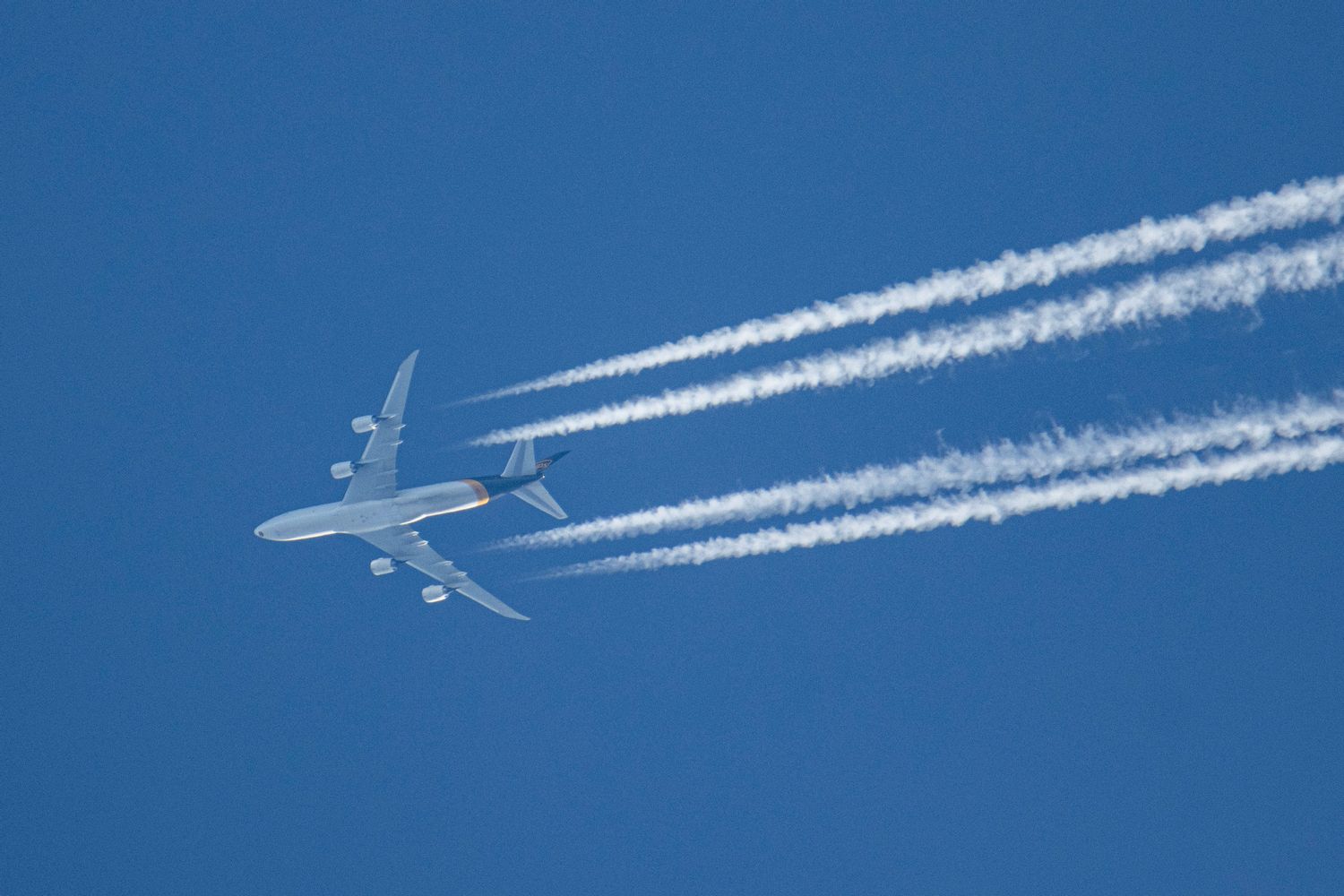
Other airlines and aerospace companies that have partnered with Microsoft for cloud services include Avianca, Iberia Express, GE Aviation, and Rolls-Royce. Airports have also committed to the platform, including Dubai Airports and Swedavia. The latter runs ten airports across Sweden and reached net-zero across its operations in 2020.
Commenting on the newest development in the company’s relationship with Boeing, Judson Althoff, EVP and Chief Commercial Officer at Microsoft, stated that, “Boeing and Microsoft have been working together for more than two decades, and this partnership builds on that history to support Boeing’s digital future by helping it optimize operations and develop digital solutions that will benefit the global aviation industry.”
Cre: Simple Flying
Nguyen Mai Huong-COMM






